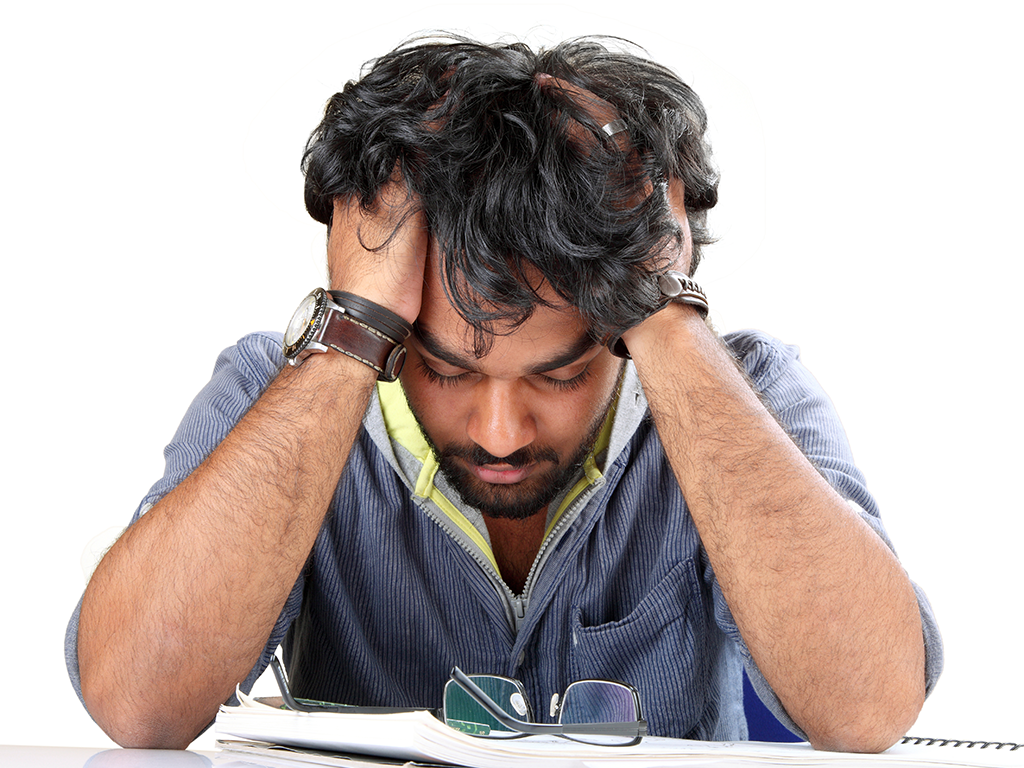
How to recognize and treat Major Depressive Disorder?
What is Major Depressive Disorder?
Sadness is a natural part of the human experience. People may feel sad or depressed when a loved one passes away or when they’re going through a life challenge, such as a divorce or serious illness. These feelings are normally short-lived. When someone experiences persistent and intense feelings of sadness for extended periods of time, then they may have a mood disorder such as major depressive disorder (MDD).
MDD, also referred to as clinical depression, is a significant medical condition that can affect many areas of your life. It impacts mood and behaviour as well as various physical functions, such as appetite and sleep.
Symptoms of MDD
For many people with major depressive disorder, symptoms usually are severe enough to cause noticeable problems in day-to-day activities, such as work, school, social activities, or relationships with others. Some people may feel generally miserable or unhappy without really knowing why. Here are the general symptoms someone with depression would experience
- Feelings of sadness, tearfulness, emptiness, or hopelessness
- Angry outbursts, irritability or frustration, even over small matters
- Loss of interest or pleasure in most or all normal activities, such as sex, hobbies, or sports
- Sleep disturbances, including insomnia or sleeping too much
- Tiredness and lack of energy, so even small tasks take extra effort
- Reduced appetite and weight loss or increased cravings for food and weight gain
- Anxiety, agitation, or restlessness
- Slowed thinking, speaking or body movements
- Feelings of worthlessness or guilt, fixating on past failures or self-blame
- Trouble thinking, concentrating, making decisions, and remembering things
- Frequent or recurrent thoughts of death, suicidal thoughts, suicide attempts
- Unexplained physical problems, such as back pain or headaches
Causes of MDD
There is no one-size-fits-all cause for depression. Every case is unique and will involve a variety of factors. One has to work with their psychiatrist to arrive at the root cause of their major depressive disorder. Here are some factors that are generally responsible
Brain chemistry: Neurotransmitters are naturally occurring brain chemicals that likely play a role in depression. Recent research indicates that changes in the function and effect of these neurotransmitters and how they interact with neurocircuits involved in maintaining mood stability may play a significant role in depression and its treatment.
Hormones: Changes in the body’s balance of hormones may be involved in causing or triggering depression. Hormone changes can result with pregnancy and during the weeks or months after delivery (postpartum) and from thyroid problems, menopause, or a number of other conditions.
Inherited traits: Depression is more common in people whose blood relatives also have this condition. Researchers are trying to find genes that may be involved in causing depression.
Medical Issues: Ongoing physical pain and illnesses can cause depression. People often have depression along with conditions like diabetes, cancer, and Parkinson’s disease. Some medications have depression as a side effect. Recreational drugs and alcohol can also cause depression or make it worse.
Life events: Work stress, the death of a loved one, upsetting events (trauma), isolation, ageing and lack of support can cause depression. People who are easily overwhelmed or have trouble coping may also be prone to depression.
How to treat MDD?
MDD can be treated with medications, psychotherapy, and lifestyle changes however, those with severe symptoms or who have thoughts of harming themselves might need to stay in a hospital during treatment.
Medications
Serotonin is a brain chemical that’s believed to be responsible for mood. It may help improve mood and produce healthy sleeping patterns. People with MDD are often thought to have low levels of serotonin. Psychiatrists prescribe antidepressant medications that can relieve symptoms of MDD by inhibiting serotonin’s breakdown in the brain and thereby increasing the amount of available serotonin in the brain.
Psychotherapy
Psychotherapy, also known as psychological therapy or talk therapy, can be an effective treatment for people with MDD. It involves meeting with a therapist on a regular basis to talk about your condition and related issues. Psychotherapy can help you adjust to a crisis or other stressful event, replace negative beliefs and behaviours with positive, healthy ones, improve your communication skills, find better ways to cope with challenges and solve problems, increase your self-esteem, regain a sense of satisfaction and control in your life.
Lifestyle Changes
In addition to taking medications and participating in therapy, you can help improve MDD symptoms by making some changes to your daily habits. This includes eating nutritious food, maintaining a balanced diet and avoiding certain refined, processed, deep-fried foods. Stop intake of alcohol, tobacco, and other drugs as they can make your symptoms worse. Get enough sleep and exercise regularly, go outdoors and in moderate sunlight as this can boost your mood and make you feel better.
If you have the symptoms of MDD mentioned above you should immediately consult a psychiatrist at People Tree Maarga, to get treated. People Tree Maarga is the best psychiatric hospital in Bangalore with a state-of-the-art healthcare facility, aimed at transforming ‘mind care’ in India. People Tree Maarga provides multidisciplinary acute & chronic psychiatric & rehabilitation services. They have the best psychiatrists in Bangalore with decades of experience in diverse specialities, ready to provide the holistic care you need to manage your mental health.


Social Media Sharing